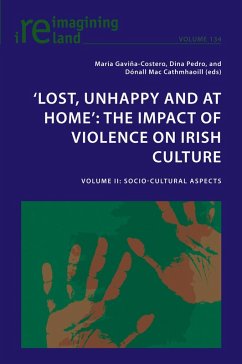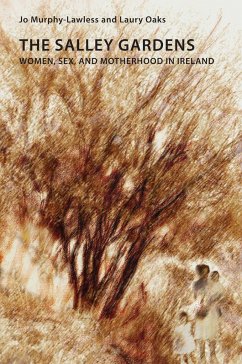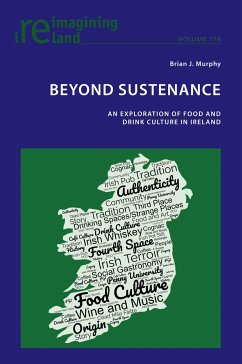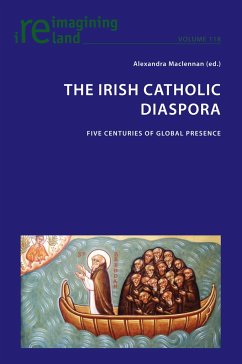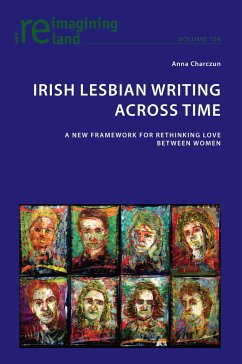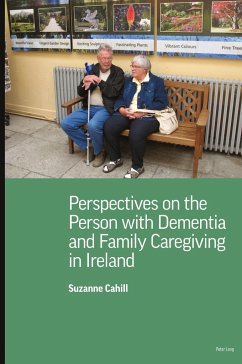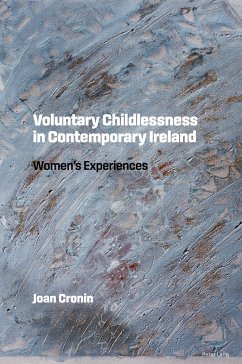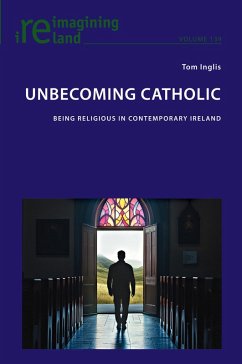
Margins and marginalities in France and Ireland
A Socio-cultural Perspective
Herausgegeben: Maher, Eamon; Maignant, Catherine; Tondeur, Sylvian; Vandewoude, Déborah
Versandkostenfrei!
Versandfertig in 6-10 Tagen
62,80 €
inkl. MwSt.
Weitere Ausgaben:

PAYBACK Punkte
0 °P sammeln!
French and Irish societies have been characterised in recent times by major upheavals brought about by the threat of terrorism, the collapse of economic and social structures, mass migration, the diminished role of organised religion, the ghettoization of minorities, increased homelessness and a general distrust of institutions. As a result of all these changes, the margins are now beginning to attract more and more people who find themselves placed in disadvantaged circumstances through political upheaval and/or economic or cultural necessity.In this volume, the sociocultural perspective theo...
French and Irish societies have been characterised in recent times by major upheavals brought about by the threat of terrorism, the collapse of economic and social structures, mass migration, the diminished role of organised religion, the ghettoization of minorities, increased homelessness and a general distrust of institutions. As a result of all these changes, the margins are now beginning to attract more and more people who find themselves placed in disadvantaged circumstances through political upheaval and/or economic or cultural necessity.In this volume, the sociocultural perspective theory which has emerged in the field of social psychology (as put forward by Catherine Sanderson)is extended to the study of life on the edge in France and Ireland. The effects of sociocultural factors on individual and collective identities are assessed in two societies that share a large number of characteristics as members of the European Union, but still retain specificities resulting from the impact of distinct historically shapedsociocultural forces. Three test research areas appear particularly significant to assess change: human rights, marginalisation and exclusion; food and drink on the margins;the links between diaspora and marginality. These areasare examined from an interdisciplinary perspective in the hope of proposingground-breaking hypotheses that might assist us to understand the world we live in.





